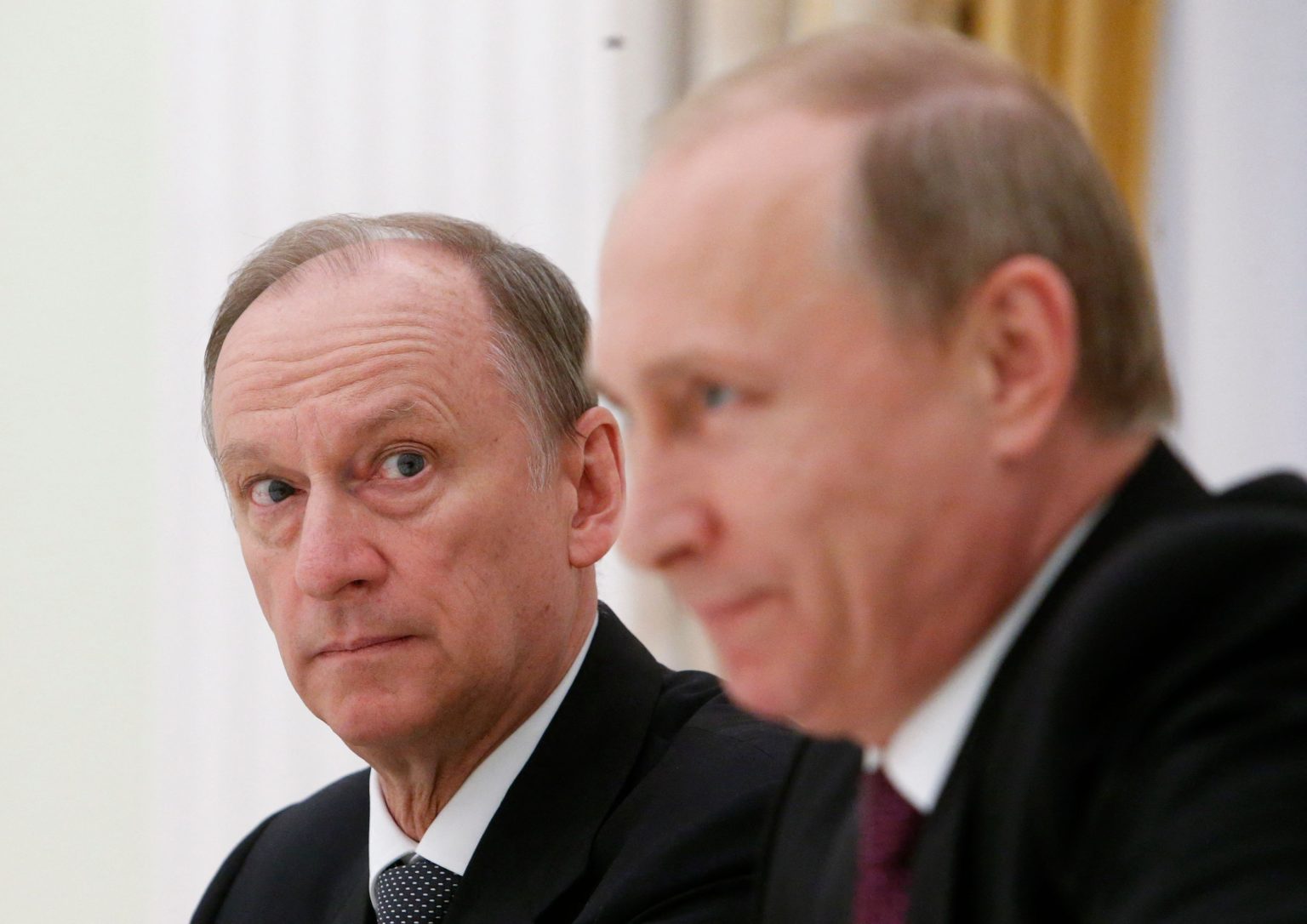Nikolai Patrushev, a prominent figure in Russian politics and a close advisor to President Vladimir Putin, issued a stark warning in an interview published on Tuesday, suggesting that Ukraine might cease to exist as a sovereign nation by 2025. This ominous prediction, made during a conversation with the pro-Kremlin newspaper Komsomolskaya Pravda, comes amidst the backdrop of the ongoing Russo-Ukrainian War and adds another layer of complexity to the already volatile geopolitical landscape. Patrushev’s remarks, while alarming, are not entirely unprecedented, reflecting a recurring theme in Russian rhetoric that questions Ukraine’s legitimacy as an independent state. His comments also touched upon the upcoming US presidential election and the potential implications of a second Trump presidency for the conflict.
Patrushev’s assertion hinges on his interpretation of the current political climate in Ukraine and the broader international dynamics. He attributed the ongoing conflict to what he described as "violent coercion into neo-Nazi ideology and rampant Russophobia," echoing a narrative frequently employed by the Kremlin to justify its military intervention. This portrayal of Ukraine, however, is widely disputed by international observers and the Ukrainian government itself, who view Russia as the aggressor in the conflict. Patrushev’s remarks also allude to the potential for territorial concessions under a hypothetical Trump administration, suggesting that negotiations could lead to further fragmentation of Ukraine, potentially to the point of its complete dissolution.
The timing of Patrushev’s statement is particularly significant given the upcoming US presidential elections. He acknowledged the global influence of the United States while emphasizing the divisions within the American political elite. His comments on the "unclear" nature of Trump’s foreign policy reflect the uncertainty surrounding the former president’s potential approach to the war in Ukraine. Trump’s previous statements suggesting he could negotiate an end to the conflict "within 24 hours" have been met with both skepticism and concern, given his past amicable interactions with Putin. However, the specifics of how a second Trump administration would navigate the complex relationship with Russia and its impact on the Ukrainian conflict remain speculative.
The reaction to Patrushev’s prediction has been swift and critical, particularly from Ukrainian officials and commentators. Many have dismissed the statement as propaganda and an attempt to undermine Ukrainian morale and international support. Some have pointed to the resilience shown by Ukraine throughout the war, arguing that Russia has consistently underestimated the country’s determination to maintain its sovereignty. Others have drawn parallels to previous Russian pronouncements about the war’s quick resolution, which have proven inaccurate. The skepticism towards Patrushev’s claim reflects the wider disbelief in the Kremlin’s narrative surrounding the conflict.
Patrushev’s comments extend beyond Ukraine, encompassing the Republic of Moldova, another former Soviet republic navigating a complex relationship with Russia. He expressed similar concerns about Moldova’s future, suggesting that its “anti-Russian policy” could lead to its absorption into another state or its complete disappearance. This statement has been met with strong condemnation from the Moldovan government, which reiterated its commitment to sovereignty, democracy, and European integration. The Moldovan Ministry of Foreign Affairs criticized Patrushev’s remarks as unacceptable interference in its internal affairs and a deliberate attempt to destabilize the region. This highlights the broader geopolitical tensions in Eastern Europe and the ongoing struggle of former Soviet republics to assert their independence in the face of Russian pressure.
The implications of Patrushev’s pronouncements remain to be seen. While his words carry weight due to his position within the Russian power structure, they are by no means a guarantee of future events. The trajectory of the war in Ukraine will depend on a multitude of factors, including the evolving military situation on the ground, the continued international support for Ukraine, and the political landscape in both Russia and the United States. Patrushev’s comments, however, serve as a stark reminder of the ongoing tensions, the fragility of peace, and the very real threat to Ukraine’s existence as an independent nation. The international community remains vigilant, watching closely as the conflict unfolds and its potential ramifications continue to reshape the geopolitical order.


